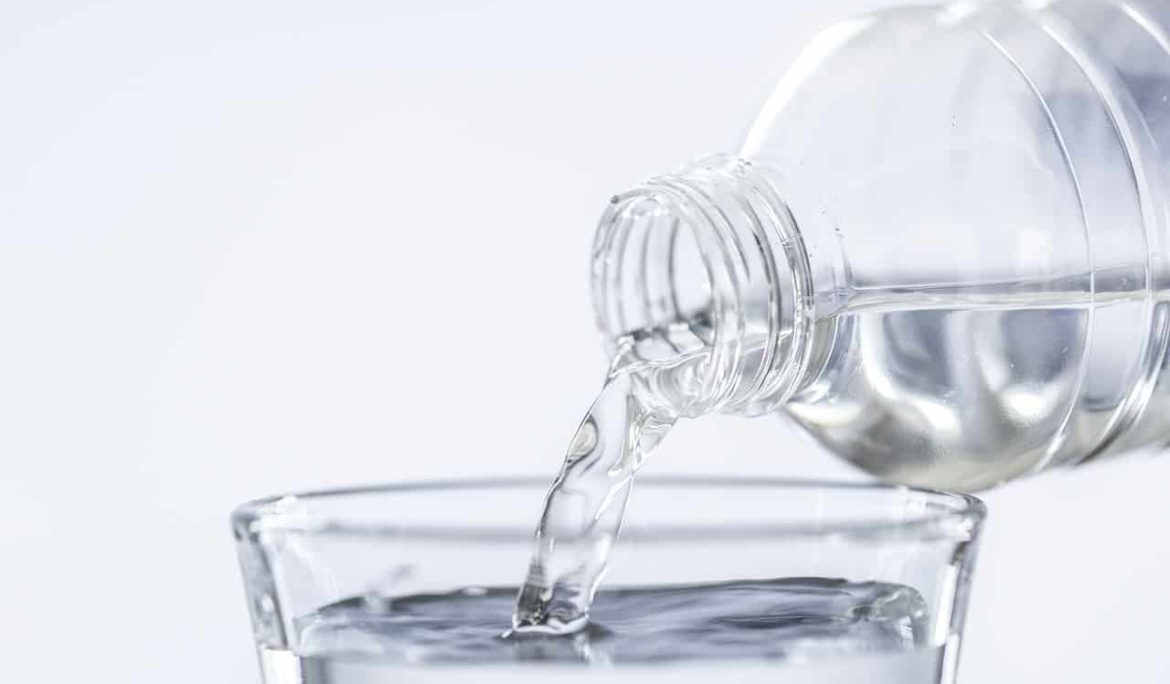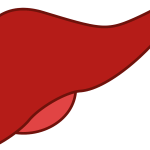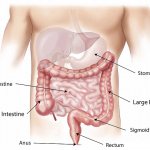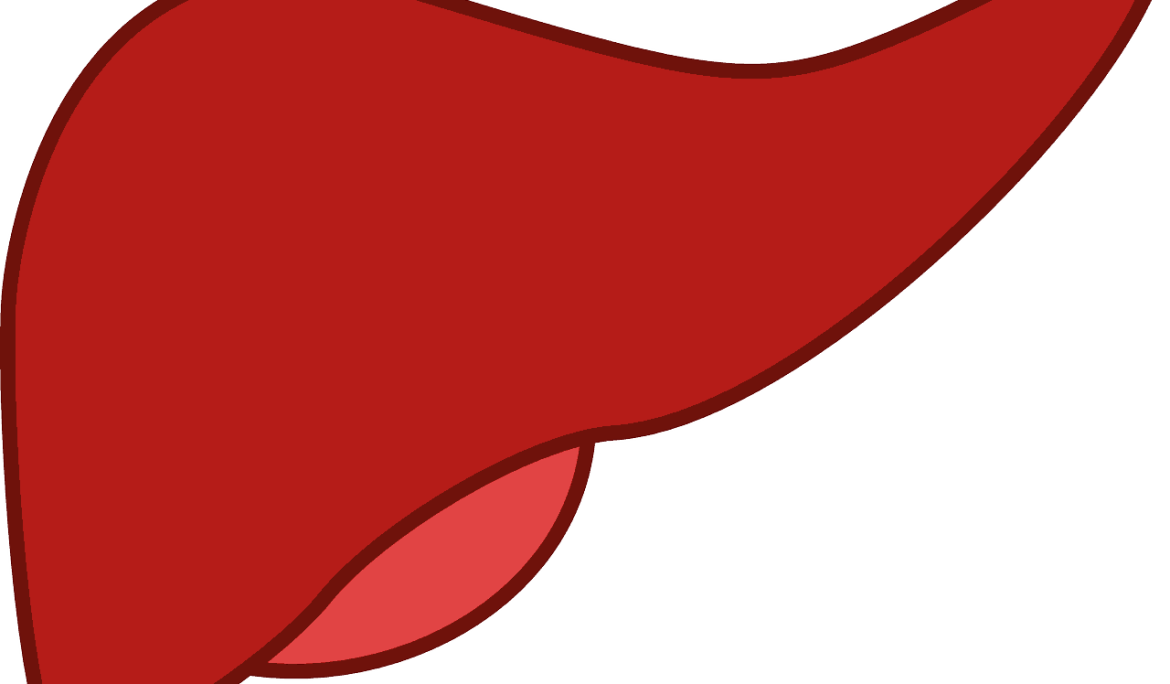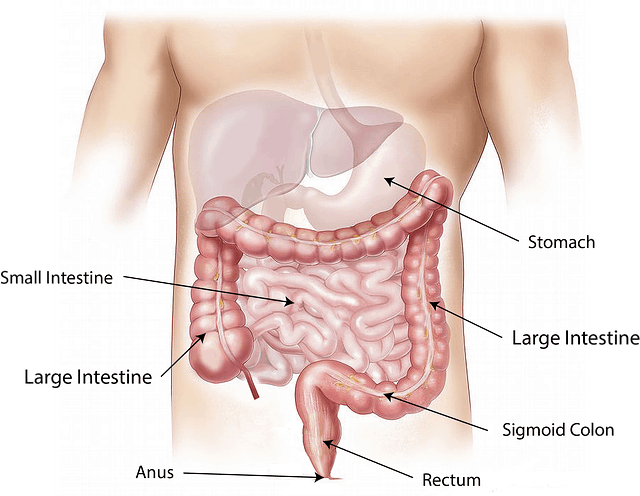Dehydration occurs when you use or lose more fluid than you take in, and your body doesn’t have enough water and other fluids to carry out its’s normal functions. If you don’t replace lost of fluids, you will get dehydrated. Anyone may become dehydrated, but the condition is especially dangerous for children and older adults.
Sometimes dehydration occurs for simple reasons: you don’t drink enough because you lack access to safe drinking water when you’re travelling, hiking or camping. Other causes include diarrhoea, vomiting, excessive sweating, increased urination and fever.
Anyone can become dehydrated, but certain people are at greater risk such as infants and children often due to severe diarrhoea and vomiting. Older adults, as you grow older your body’s fluids reserve becomes smaller, your ability to conserve water is reduced and your thirst sense becomes less acute. People with chronic illness, untreated diabetes, kidney disease and use of chronic medication such as diuretics which increases your urination puts you at high risk of dehydration. People who work or exercise outside, when it’s hot and humid, your risk of dehydration and heat illness increases.
The signs and symptoms of dehydration also may differ by age. Infants and children often present with a dry mouth and tongue, no tears when crying, no wet diapers for three hours, sunken eyes, cheeks, sunken soft spot on top of skull and restlessness or irritability. Adults on the other hand present with extreme thirst, less frequent urination, dark-colored urine, fatigue, dizziness and confusion.
Your doctor can often diagnose dehydration based on physical signs and symptoms. If you’re dehydrated, you’re likely to have low blood pressure, especially when moving from a lying to a standing position, a faster than normal heart rate and reduced blood flow to your extremities. Blood test may be used to check your electrolytes such as sodium and potassium and how well your kidneys are working. Urinalysis can be done to check for bladder infection which often occurs in dehydration.
The only effective treatment for dehydration is to replace lost fluids and loss of electrolytes. The best approach to dehydration treatment depends on age, the severity of dehydration and it’s causes, for infants and children with mild dehydration over the counter oral rehydration solution often work well. Most adults can improve their condition buy drinking more water or other liquids. In case of severe dehydration be it in children or adult’s admission to the hospital is warranted and intravenous line (drip) is put and patient is given fluids.
To prevent dehydration, drink plenty of fluids and eat food high in water such as fruits and vegetables letting thirst be your guide is an adequate daily guideline for most healthy people. Medical science recommends a minimum of 2 liters per day for adults and children at least 4-6 glasses of water. In infants often breast milk or bottle milk is adequate for both nourishment and quenching of their thirst.
Dehydration can lead to serious complications, including urinary tract infections, kidney stones and kidney failure. Severe electrolyte imbalance such as potassium and sodium resulting in seizures. Low blood volume (hypovolemic) shock which compromise circulation to vital organs such as kidneys and heart and can be life threatening. Heat injury such as heat stroke in individuals who spend a lot of time outside under the sun.
Finally, we are now in summer drink as much water as you can, and if you are planning on exercising or engaging in outdoor activities please carry a bottle of water with you. Parents encourage your children to drink water as often as possible. If your little one start vomiting or develop diarrhoea take them to the doctor for evaluation and proper treatment. our holiday maker, visiting tourist make sure you carry enough water on you at all cost. Dr. Makemba Shayela Nelson – MBChB – University of Kwazulu-Natal, Durban, South Africa. Nesha Medical Practice.




